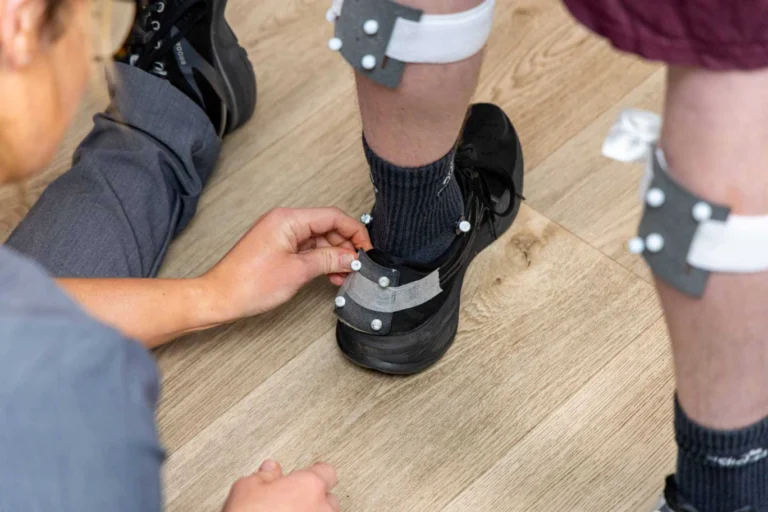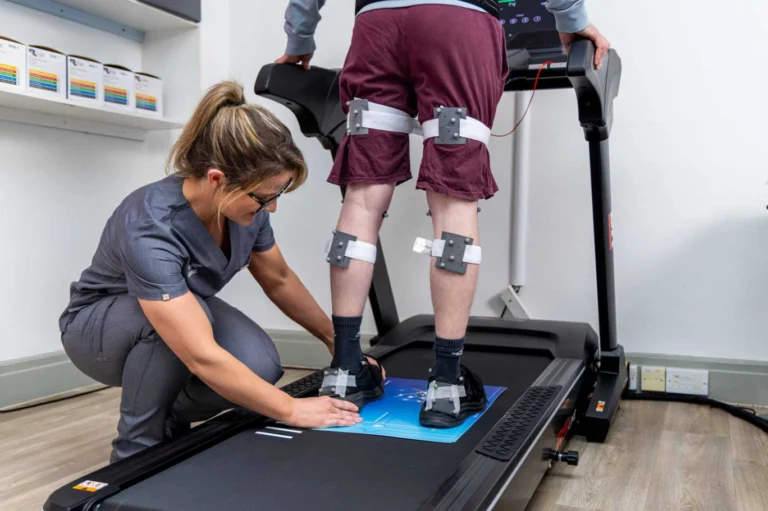
Plantar fasciitis is a common cause of heel pain. This is typically resulting from inflammation of the plantar fascia, a thick band of tissue running across the bottom of the foot, connecting the heel to the toes. The condition usually occurs when the plantar fascia becomes overstretched or strained, often due to excessive pressure or repetitive use. People who spend a lot of time standing or walking, wear unsupportive shoes, or have certain foot structures (like flat feet or high arches) are at a higher risk. The pain is most noticeable in the morning or after long periods of rest, often described as a sharp pain near the heel.
While plantar fasciitis is a leading cause of heel pain, many other conditions can also lead to discomfort in the area. These include Achilles tendinitis, which is inflammation of the tendon connecting the calf muscles to the heel, and heel spurs, bony growths that can develop on the heel bone. Bursitis, an inflammation of the fluid-filled sacs that cushion joints, and tarsal tunnel syndrome, where the posterior tibial nerve in the ankle becomes compressed, can also contribute to heel pain. Stress fractures or arthritis may also lead to pain, tingling, numbness and burning sensations in the foot and ankle.

Treatment for heel pain frequently starts with rest, ice, elevation and compression alongside anti-inflammatory medication. Often the pain persists or comes back because the underlying course has not been identified or managed.
To save unnecessary delays, prolonged suffering and unnecessary expense, an appointment with a Podiatrist can provide you with an accurate diagnosis (remember there are many causes of heel pain, not just plantar fasciitis, that, misdiagnosed can cause delays, pain, frustration and unnecessary expense).
Combining this accurate diagnosis with a good history as well as the knowledge and experience of the Podiatrist can provide you with a treatment plan, tailored to your condition and circumstances. This clarity and adherence to a structured treatment pathway can provide you with an effective route to comfort, mobility and getting back to the activities you love. Call to arrange a consultation on (01392) 217333 or book online.
To book your appointment at The Exeter Clinic in Exeter, call us on 01392 217333 or fill in our booking form now.